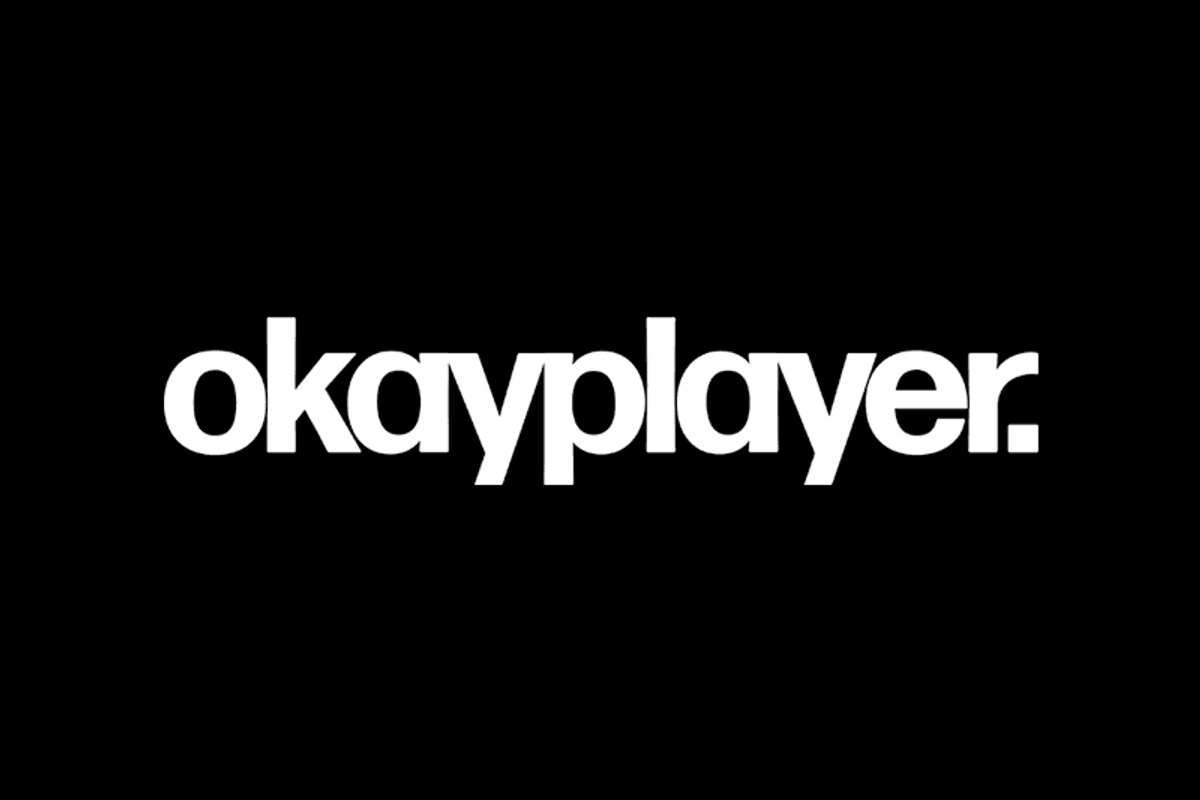
Dr. Dre Is Donating The Royalties From His New Album To Build An Arts Center In Compton
To continue reading
Create a free account or sign in to unlock more free articles.
By continuing, you agree to the Terms of Service and acknowledge our Privacy Policy
Register
The content is free, but you must be subscribed to Okayplayer to continue reading.
THANK YOU FOR SUBSCRIBING
Join our newsletter family to stay tapped into the latest in Hip Hop culture!
Login
To continue reading login to your account.
Forgot your password?
Please enter the email address you use for your account so we can send you a link to reset your password:

[UPDATE: It appears Dee Barnes' s Gawker piece has garnered a response from Dre. He offered this apology to the victims of his abuse via The New York Times:
“I apologize to the women I’ve hurt. I deeply regret what I did and know that it has forever impacted all of our lives. “Twenty-five years ago I was a young man drinking too much and in over my head with no real structure in my life. However, none of this is an excuse for what I did. I’ve been married for 19 years and every day I’m working to be a better man for my family, seeking guidance along the way. I’m doing everything I can so I never resemble that man again.”]
Despite all of its box office and critical success, issues of revisionist history and sexism continue to plague Straight Outta Compton and its N.W.A. stars. Specifically, its failure to depict (or even tangentially mention) Dr. Dre's brutal 1991 assault against journalist Dee Barnes has become unavoidable; that a hip-hop biopic professing to tell the tough and rebellious story of West Coast hip-hop conveniently erases such a disgusting act is cause for outrage. And the outrage is mounting.
In a harrowing and eloquent essay published on Gawker, Barnes herself called out the film, its producers, and Dre himself for purposefully brushing over the crimes committed against her and other women by N.W.A. members during their rise to superstardom. Now, new reports suggest that the assault against Barnes was, in fact, a part of an early Straight Outta Compton screenplay.
The LA Times reports that director F. Gary Gray hoped to "focus tightly on the group" in his final product, and thus chose to omit a number of scenes, including the assault against barnes. In the Times's words, this is what the final Compton cut lacks:
In the scene, the fictional Dre, “eyes glazed, drunk, with an edge of nastiness, contempt” (per noted from the script) spots Barnes at the party and approaches her.“Saw that [expletive] you did with Cube. Really had you under his spell, huh? Ate up everything he said. Let him diss us. Sell us out.”
“I just let him tell his story,” Barnes’ character retorts, “That’s what I do. It’s my job.”
“I thought we were cool, you and me,” Dre fires back. “But you don’t give a [expletive]. You just wanna laugh at N.W.A, make us all look like fools.”
The conversation escalates, Barnes throws her drink in Dre’s face before he attacks her “flinging her around like a rag-doll, while she screams, cries, begs for him to stop.”
In her essay, Barnes stressed "The truth is too ugly for a general audience. I didn’t want to see a depiction of me getting beat up, just like I didn’t want to see a depiction of Dre beating up Michel’le, his one-time girlfriend who recently summed up their relationship this way...But what should have been addressed is that it occurred."
The filmmakers' ommission of these acts violence toward women sat uneasily with some filmgoers from the start--Okayplayer included. In our review of the film, we noted:
"...the film opens on a sequence where young Dre is slapped in the face by his mother, as she tells him she will never be satisfied with anything less from him than owning his own company. This is not only a bit too pat in its foreshadowing of our future Super-producer/CEO, it also feels like a set-up (or perhaps backdated alibi) for Dre's notoriously fraught interactions with the women in his professional life, ranging from protegé Michel'le to journalist Dee Barnes (too much painful history to detail here, but see the discussion around Dre and Cube's Rolling Stone cover story to get the full discussion of N.W.A.'s place in the birth of the term 'misogynoir').That set-up is never delivered on in any meaningful way, however, the alibi seemingly the only thing left of a trial that was left on the cutting room floor."
In speaking with the LA Times, Gray fell back on the words of Ice Cube. "There are so many things that you can add or subtract. Cube always said, ‘You can make five different N.W.A movies.’ We made the one we wanted to make.”
Clearly.